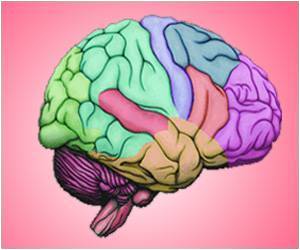A new biomarker that predicts whether glioblastoma will respond to chemotherapy has been discovered by scientists.

To pinpoint which patients were most likely respond to temozolomide, the researchers studied microRNAs that control the expression of a protein called methyl-guanine-methyl-transferase or MGMT. This protein dampens the cancer-killing effect of temozolomide. Tumors with high levels of MGMT are associated with a poor response to temozolomide therapy.
The scientists systematically tested every microRNA in the human genome to identify those that suppressed MGMT expression, with the expectation that high-levels of these microRNAs in the tumor would predict improved therapeutic response to temozolomide.
"We showed that a signature of the MGMT-regulating microRNAs predicted temozolomide response in a cohort of glioblastoma patients. Validation of these results should lead to diagnostic tools to enable us to determine which patients will benefit most from temozolomide therapy," said Chen.
In the study, the scientists also discovered that injection of the MGMT-regulating microRNAs into glioblastoma cells increased tumor sensitivity to temozolomide treatment.
"These findings establish the foundation for microRNAs-based therapies to increase the efficacy of temozolomide in glioblastoma patients," said lead author, Valya Ramakrishnan, PhD, postdoctoral researcher, UC San Diego School of Medicine.
Advertisement















